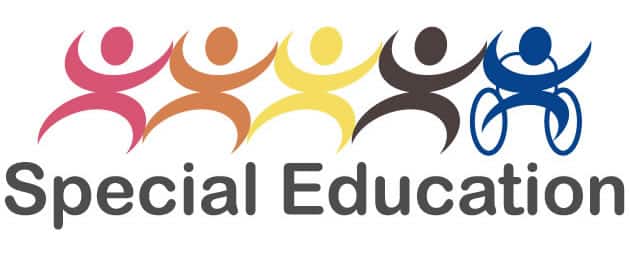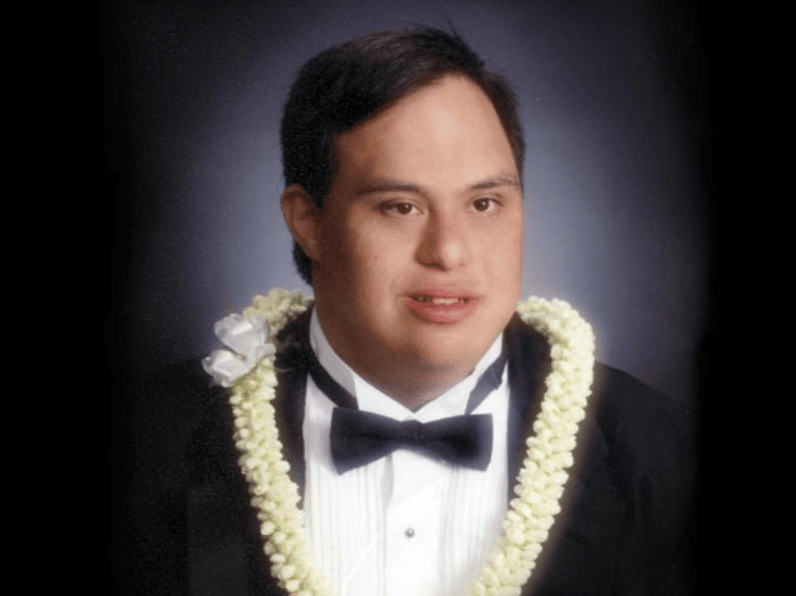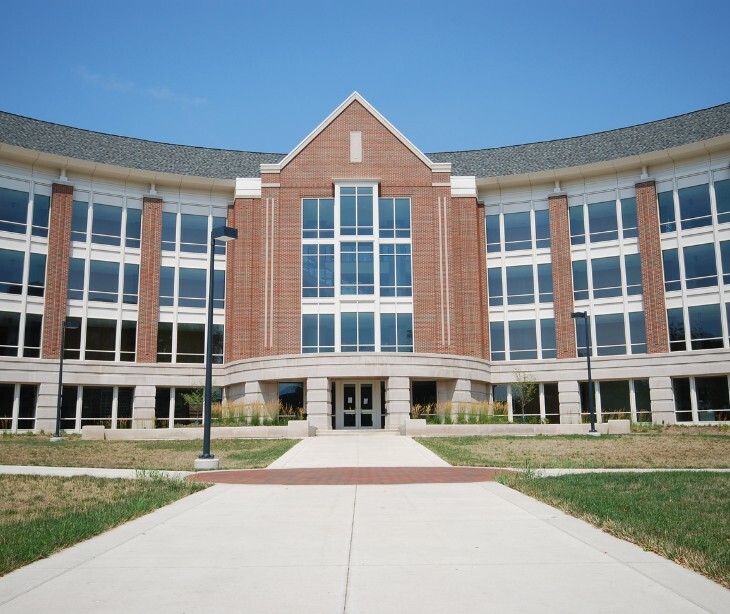
I recently did a deep dive into the actual size of the HIPAA industry. During those eight hours of research, I came across some interesting sub-sectors of HIPAA and also found myself with more unanswered questions. One of the sub-sectors of U.S. labor I had questions about are Special Education teachers. This post is about whether Special Education teachers face HIPAA compliance or not.
Covered Entity Guidance
Before we dive in, let's do a quick overview of HIPAA. HIPAA, or the Health Insurance Portability and Accountability Act of 1996, covers both individuals and organizations. Those who must comply with HIPAA are called Covered Entities. Covered Entities include health plans, clearinghouses, and certain health care providers. Since Special Education educators are not considered health plans or clearinghouses, let's focus on health care providers.
Health Care Providers
Providers who submit HIPAA transactions, like electronic claims, are considered Covered Entities. These providers can include:- Doctors
- Clinics
- Psychologists
- Dentists
- Chiropractors
- Nursing homes
- Pharmacies
For those of us familiar with HIPAA, these professions are obviously HIPAA Covered Entities. What we're trying to discover however, is whether a Special Education teacher also falls into this category.
Covered Entity Guidance Tool
The Centers for Medicare and & Medicaid Services (CMS) recently put out a tool called the Covered Entity Guidance tool. Let's use it to dig a little deeper into whether or not Special Education teachers face HIPAA compliance or not. Let's begin with the first question asked by the tool: "Does the person, business, or agency furnish, bill, or receive payment for, health care in the normal course of business?" In the case of Special Education teachers, I would say this is a yes. Health care is often furnished by Special Education teachers. The second question asked by the Covered Entity Guidance tool is: "Does the person, business, or agency transmit (send) any covered transactions electronically?" If the answer here is yes for Special Education teachers, then they would be considered a Covered Entity and fall under HIPAA. But wait! There's more to it. We need to account for another federal regulation- FERPA.
FERPA
The Family Education Rights and Privacy Act (FERPA) is a federal statute. FERPA has two objectives:- Ensure that parents have access to their children's educational records.
- Protect the privacy rights of parents and children by limiting access to these records without parental consent.
- Access to educational records.
- Parental right to inspect and review records.
- Amendment of records.
- Destruction of records.
In addition, FERPA applies to all agencies and institutions that receive federal funding. This includes elementary and secondary schools, colleges, and universities. It should be noted however, that FERPA does not apply to private schools.
FERPA and HIPAA
With a general overview of HIPAA and FERPA under our belt, we're getting closer to our answer of whether Special Education teachers face HIPAA compliance or not. I dig some more digging on Google and found a document called the Joint Guidance on the Application of the Family Educational Rights and Privacy Act (FERPA) And the Health Insurance Portability and Accountability Act of 1996 (HIPAA) To Student Health Records. I then found a key finding on page two: In addition, records that schools maintain on special education students, including records on services provided to students under the Individuals with Disabilities Education Act (IDEA), are “education records” under FERPA. This is because these records are (1) directly related to a student, (2) maintained by the school or a party acting for the school, and (3) not excluded from the definition of “education records.” There we have it: Special Education teachers do not fall under HIPAA compliance regulations. If they teach under an organization that receives federal funding however, they must comply with FERPA regulations. Mahalo to the Wrightslaw Way blog, which provided key elements to my research.
SEE RELATED: How Large is the HIPAA Industry?
 my brother, Naihehau Kalama
my brother, Naihehau Kalama
What is Special Education?
Special Education programs, or SpEd, are designed for students who are mentally, physically, socially and/or emotionally delayed. The notion of “delay” can be thought of as a developmental delay and signifies an aspect of the child's overall development (physical, cognitive, scholastic skills) which place them behind their peers. Due to these special requirements, students’ needs cannot be met within the traditional classroom environment. There are 14 categories under Special Education. They are:- Autism
- Deaf-Blindness
- Deafness
- Emotional Disturbance
- Hearing Impairment
- Intellectual Disability
- Orthopedic Impairment
- Specific Learning Disability
- Speech or Language Impairment
- Traumatic Brain Injury
- Visual Impairment
- Multiple Disabilities
- Other Health Impairments
Special Education is commonly abbreviated as special ed, SpecEd, SPED, or SpEd in a professional context. It is also known as special needs education, aided education or exceptional education.
Subscribe to Paubox Weekly
Every Friday we bring you the most important news from Paubox. Our aim is to make you smarter, faster.

 Hoala Greevy
Hoala Greevy



